Identifying and Avoiding Toxic Plants and Foods for Chickens
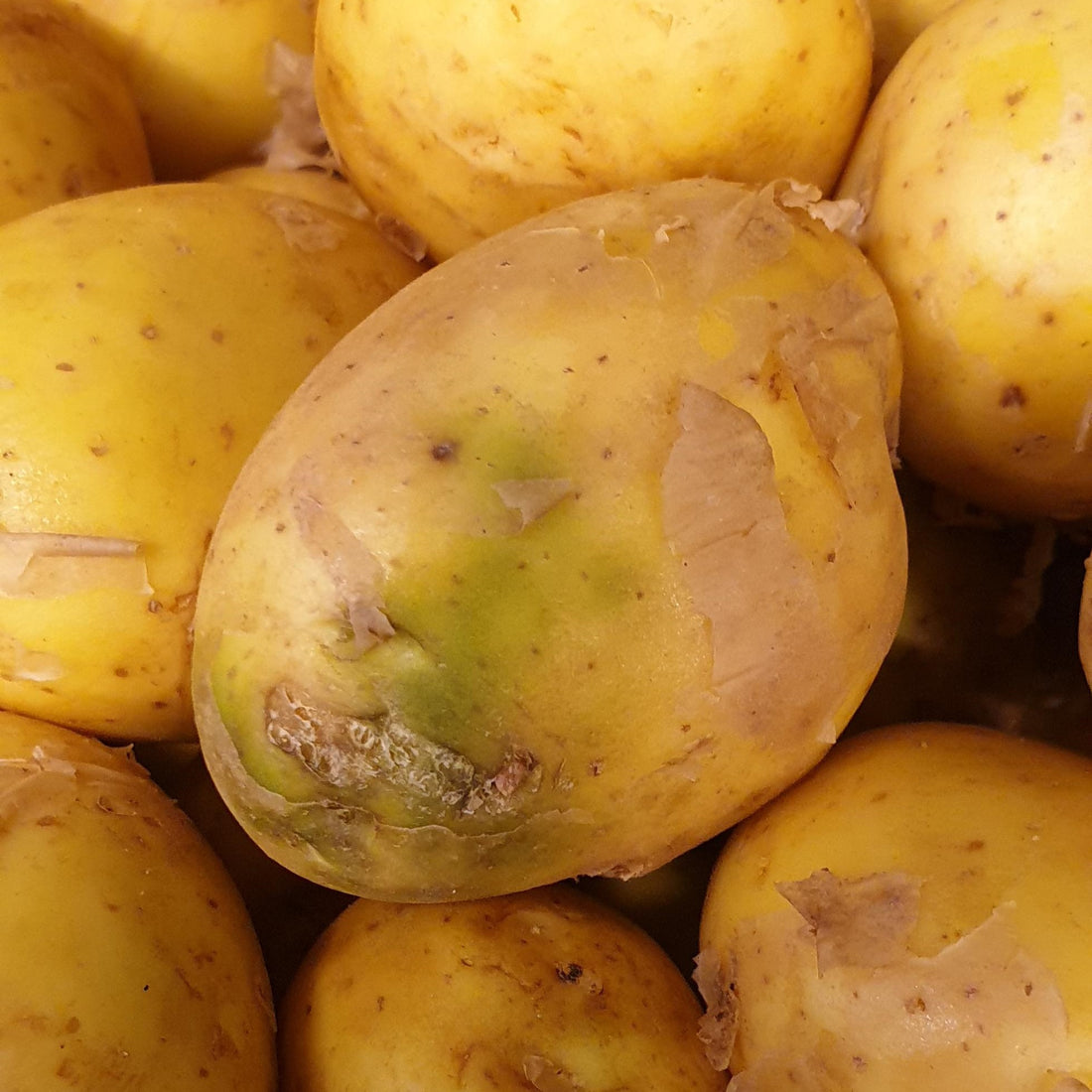
Navigating the Hazards in Your Chicken's Diet and Environment
For chicken enthusiasts, ensuring the health and safety of your flock is paramount. Chickens, known for their voracious appetites, can sometimes eat foods and plants that are harmful to them. This guide, brought to you by ZiDtia, focuses on identifying toxic plants and foods to avoid, alongside promoting the use of ZiDtia's metal chicken coops as a protective measure for your chickens.
Toxic Foods to Avoid Feeding Your Chickens
Chickens' diets should exclude foods from the nightshade family such as uncooked potatoes, tomatoes, and eggplants due to solanine, a toxic compound. Other harmful foods include onions, which can cause anemia; avocados, known for the toxin persin; apple seeds containing cyanide; and certain treats like chocolate and dried beans, which have their own dangerous components.
Safe Treats and Feeding Practices
While moderation is key, chickens can enjoy a variety of safe treats. Implementing safe feeding practices, including the use of ZiDtia's durable feeders, can ensure your chickens receive balanced nutrition without the risk of ingesting harmful substances.
Toxic Garden Plants for Chickens
Many garden plants are toxic to chickens, including bloodroot, foxglove, and nightshade, among others. It's crucial to recognize these plants and prevent your chickens from accessing them, a task made easier with the protective environment of a ZiDtia metal coop.
ZiDtia Metal Chicken Coops: A Safe Haven
ZiDtia's metal chicken coops are designed to offer superior protection against predators and environmental hazards, including toxic plants. These coops ensure your chickens can enjoy a safe, controlled environment, minimizing the risk of accidental ingestion of harmful substances.
Creating a Chicken-Friendly Garden
Designing a garden that is safe for chickens means choosing non-toxic plants and employing safe gardening practices. ZiDtia offers guidance on creating a chicken-friendly garden that complements your metal coop, ensuring your chickens can forage safely.
Emergency Care for Accidental Ingestion
In case of accidental ingestion of toxic substances, it's important to recognize the symptoms and know the immediate steps to take, including seeking veterinary care. Being prepared can make a significant difference in the health and safety of your flock.
Conclusion
Protecting your chickens from toxic plants and foods is an essential aspect of poultry care. With the help of ZiDtia's metal chicken coops and safe feeding practices, you can create a secure and healthy environment for your flock.
No comments

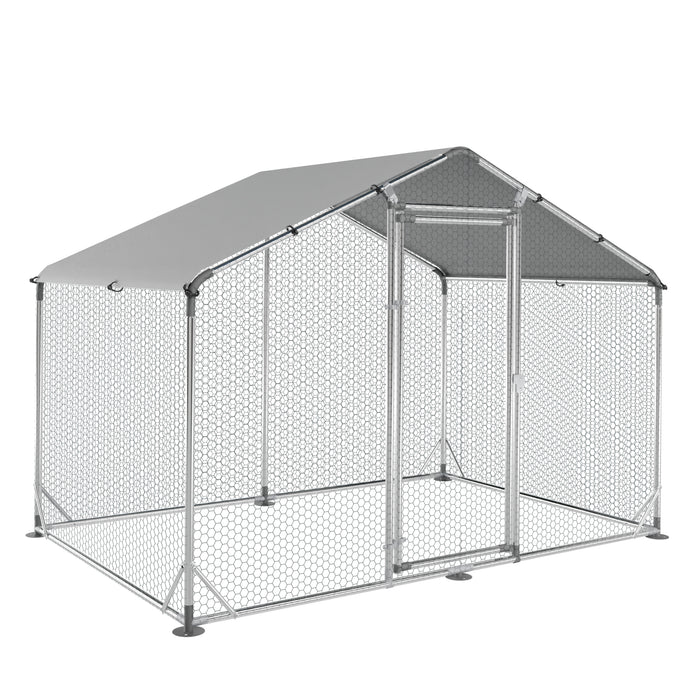
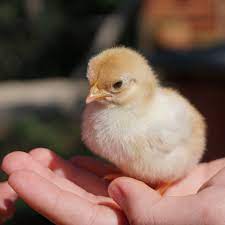
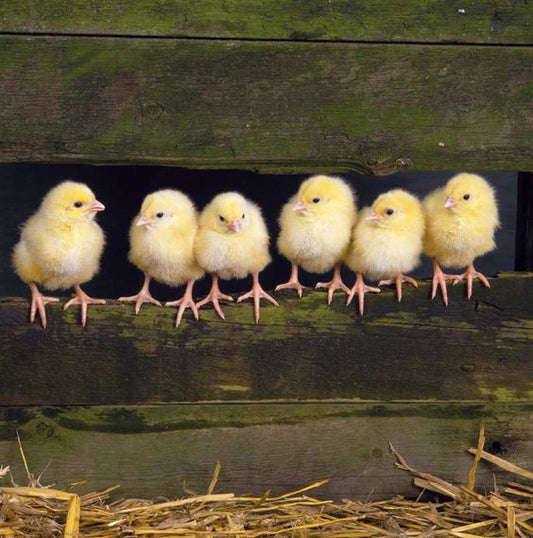

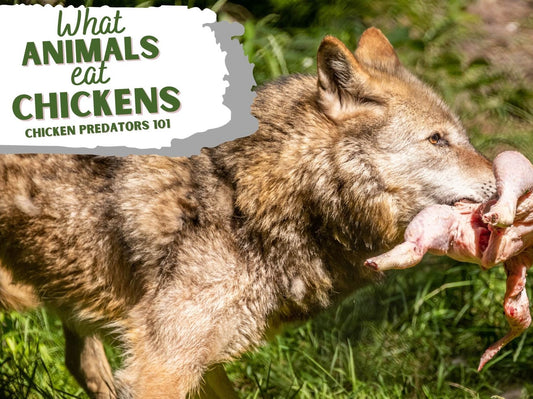
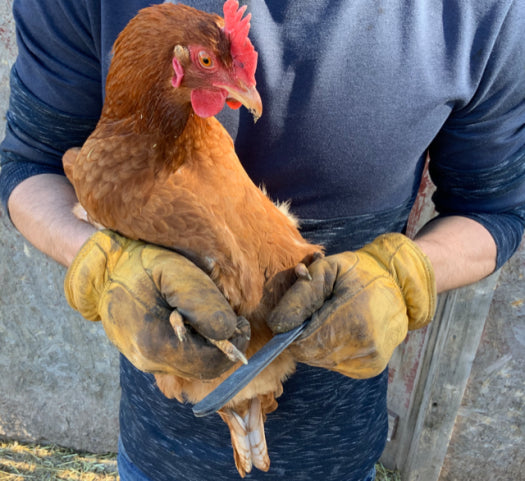

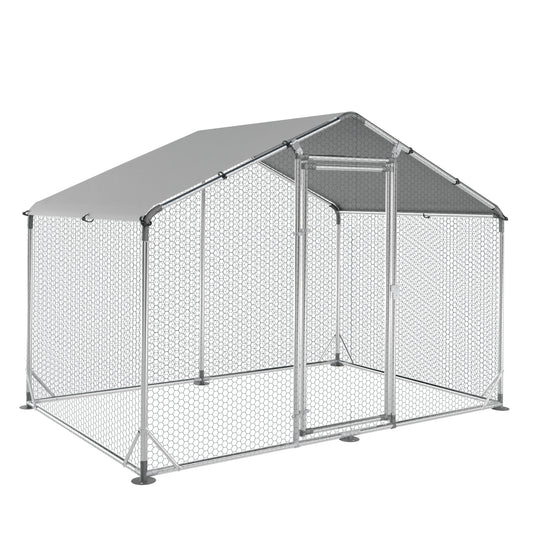
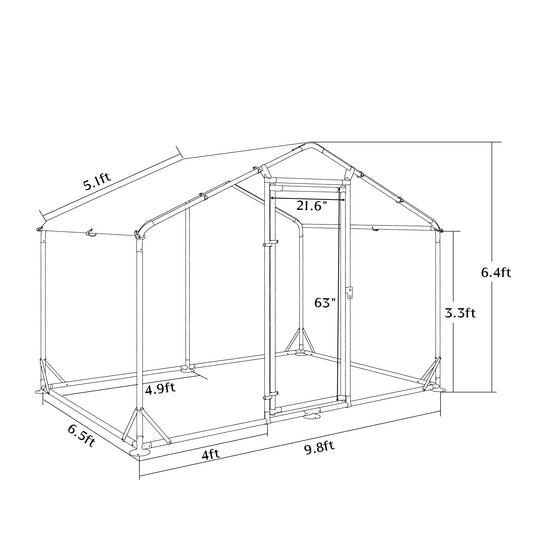
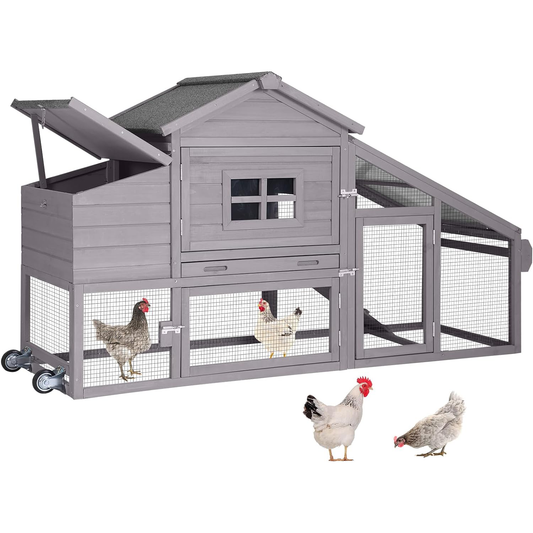

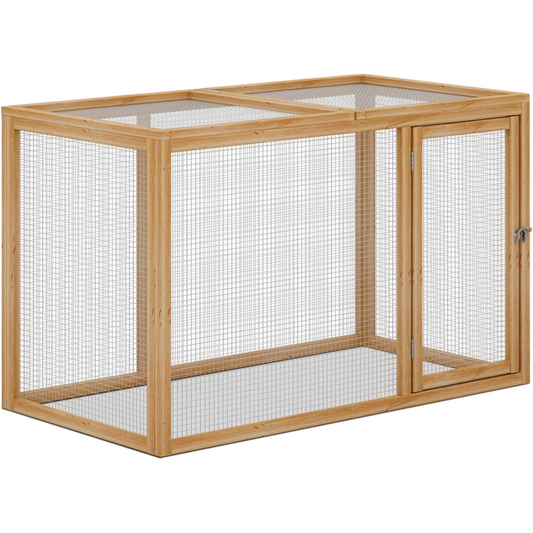
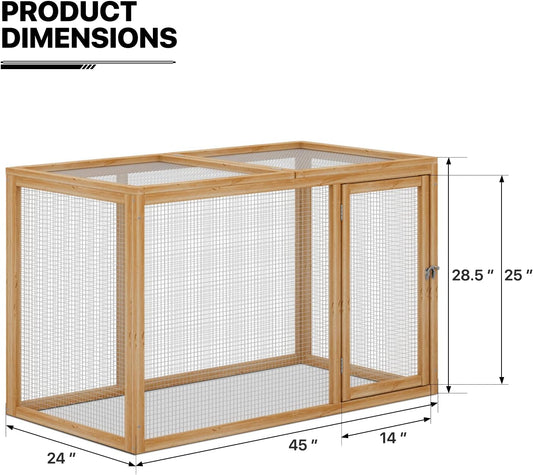
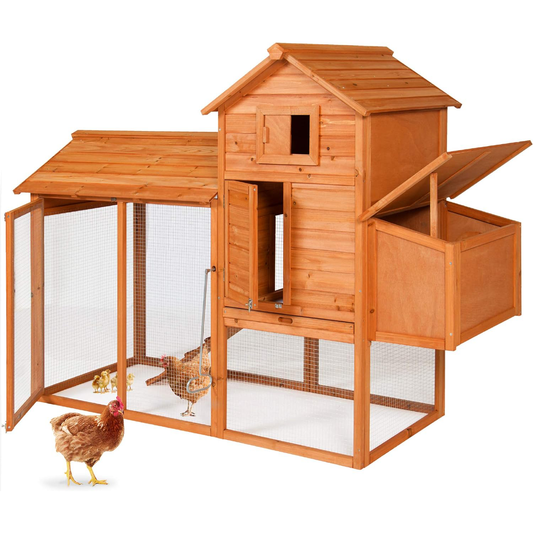
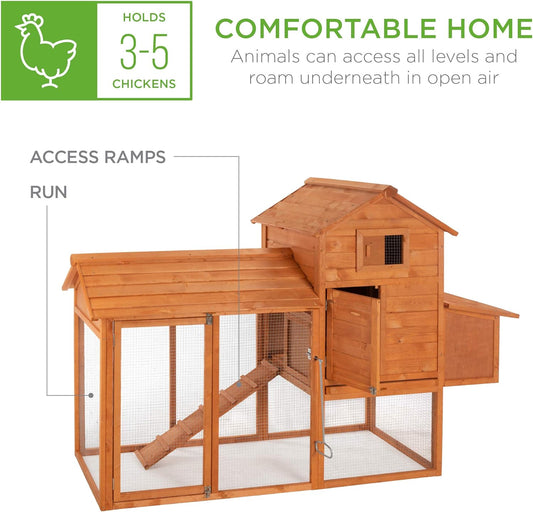
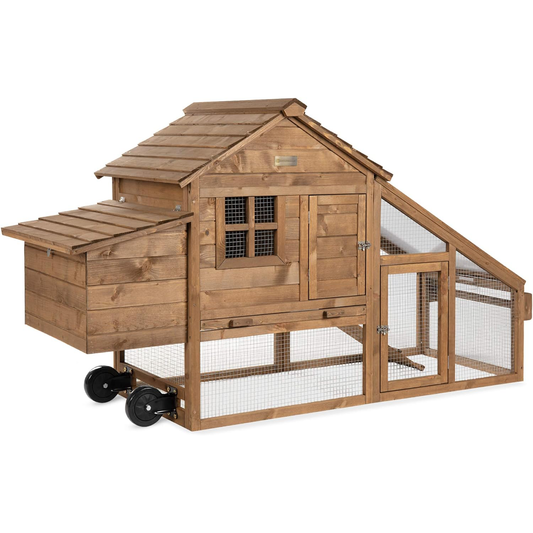
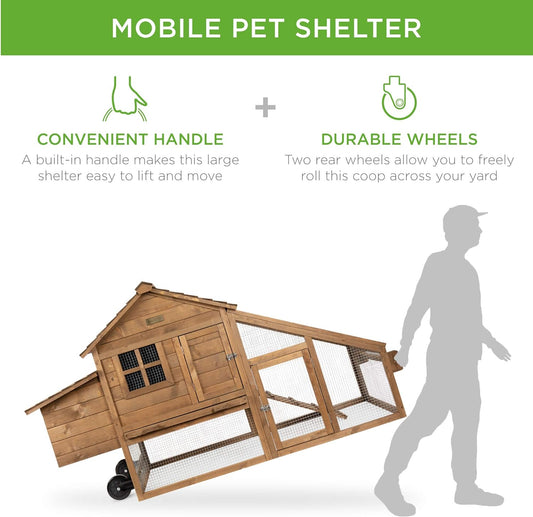



0 comments